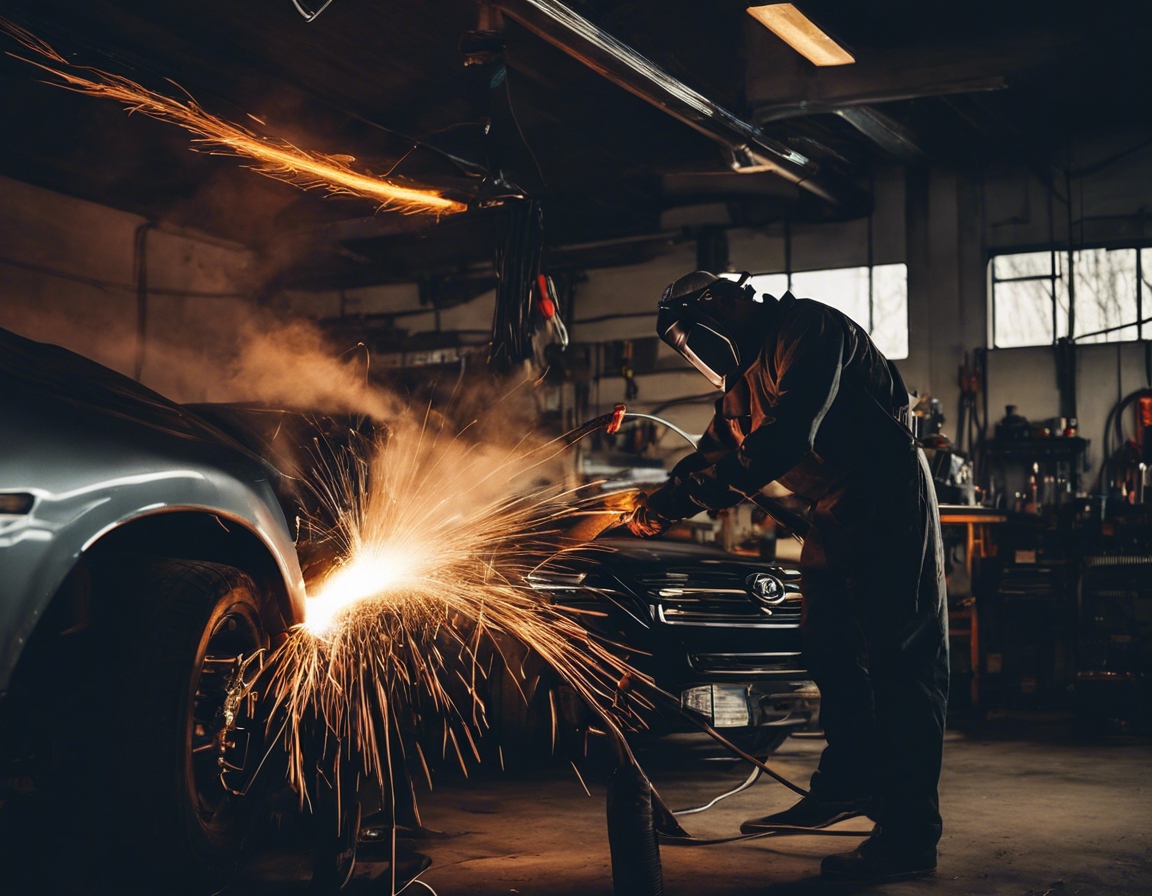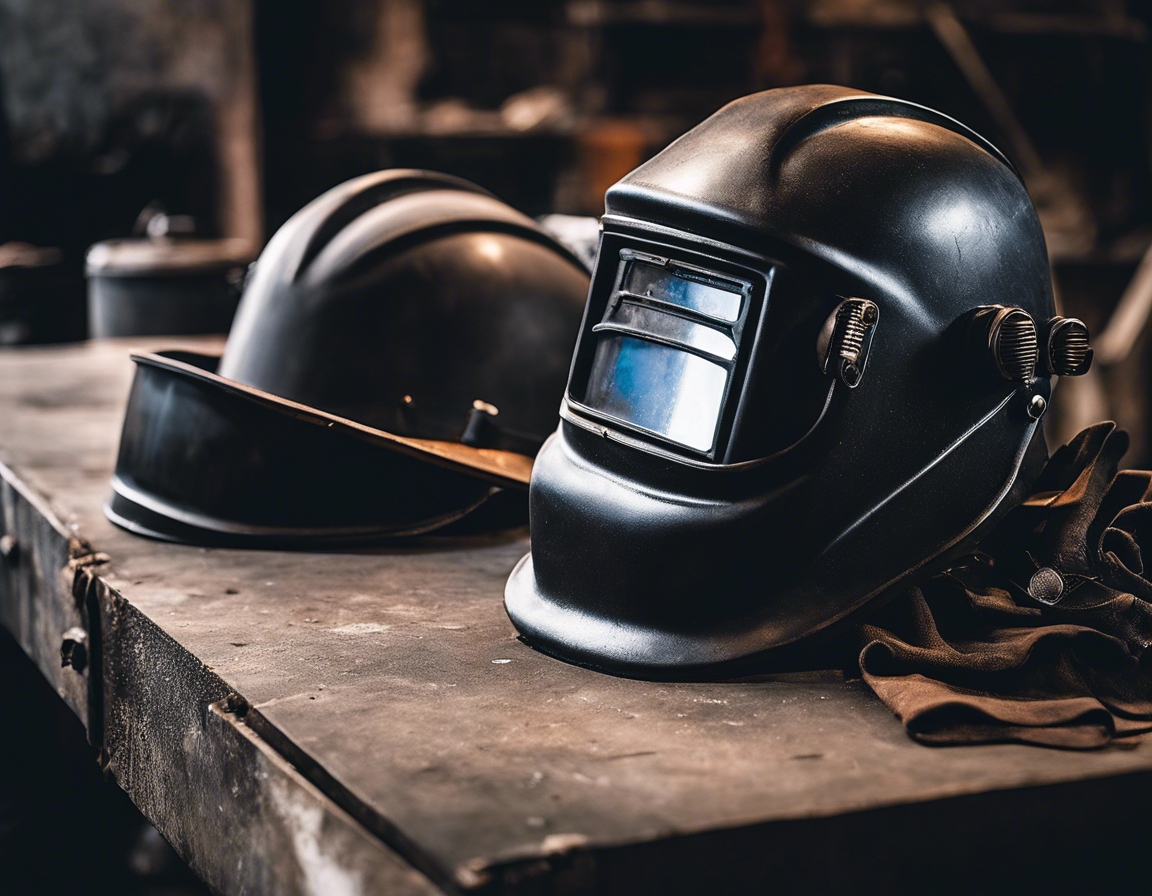The ultimate guide to vehicle maintenance
Regular vehicle maintenance is the cornerstone of a reliable, safe, and long-lasting vehicle. It not only ensures optimal performance but also prevents costly repairs down the line. By adhering to a maintenance schedule, you can enhance your vehicle's efficiency, maintain its value, and ensure your safety on the road.
Every vehicle has its own set of requirements when it comes to maintenance. Understanding the specific needs of your vehicle, as outlined in the owner's manual, is crucial for keeping it in top condition.
Essential Maintenance Tips
One of the most fundamental aspects of vehicle maintenance is regular oil and filter changes. Clean oil lubricates and protects your engine's moving parts, while a fresh filter captures harmful debris. Typically, oil should be changed every 3,000 to 5,000 miles, but this can vary based on the vehicle and oil type.
Proper tire maintenance includes regular checks for wear and tear, maintaining correct tire pressure, and rotating tires to ensure even wear. This not only extends the life of your tires but also improves fuel efficiency and safety.
Brakes are vital for safety, and their maintenance should never be overlooked. Regular checks of the brake pads, rotors, and fluid can prevent brake failure and ensure that your vehicle stops effectively.
The battery is the heart of your vehicle's electrical system. To avoid unexpected failures, check the battery's charge level, clean terminals, and ensure that connections are secure.
Vehicles rely on various fluids to operate smoothly. Regular checks and replacements of engine oil, coolant, brake fluid, transmission fluid, and power steering fluid are essential to prevent overheating and mechanical breakdowns.
Seasonal Vehicle Maintenance
Winter demands extra care for your vehicle. Ensuring that your antifreeze levels are adequate, your battery is in good condition, and your tires are suitable for winter conditions are all crucial steps to prepare for colder months.
Summer heat can be tough on vehicles. It's important to check your air conditioning system, coolant levels, and to perform an oil change to ensure your vehicle can handle higher temperatures.
Advanced Vehicle Care
Keeping your engine and transmission in good shape is key to your vehicle's longevity. Regular checks for leaks, noises, and performance issues can help identify problems early.
A well-maintained exhaust system is essential for controlling emissions and maintaining fuel efficiency. Inspections should look for rust, damage, and blockages.
Modern vehicles have complex electrical systems. Regular checks of the alternator, starter, and other electrical components can prevent malfunctions.
Diagnostic and Preventive Measures
Warning lights on your dashboard are your vehicle's way of telling you something is wrong. Knowing what each light indicates can help you address issues promptly.
Adhering to your vehicle's scheduled maintenance and having regular inspections by professionals can prevent minor issues from becoming major problems.
Maintenance for Different Vehicle Types
Passenger cars require regular maintenance such as oil changes, tire rotations, and brake checks to remain safe and efficient on the road.
Commercial vehicles often endure more wear and tear than personal cars. A rigorous maintenance schedule is essential for these vehicles to ensure they remain operational and safe.
Electric and hybrid vehicles have unique maintenance needs, particularly when it comes to their battery systems and electric motors. Regular checks can ensure these components function correctly.






Comments (0)